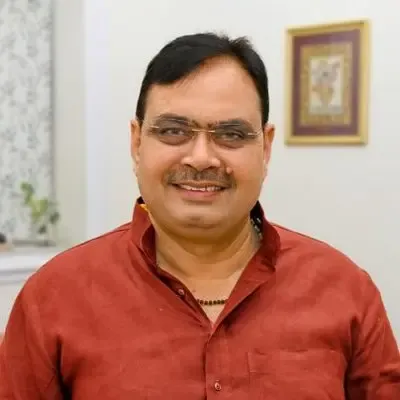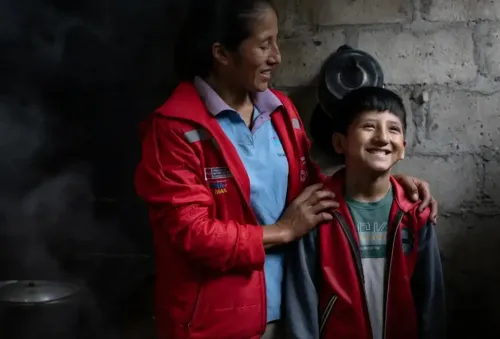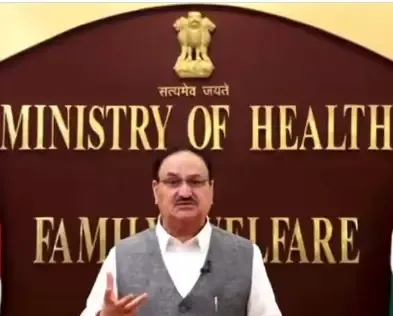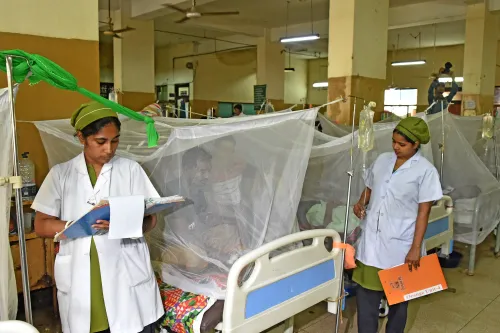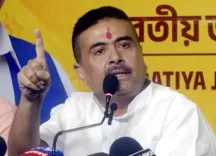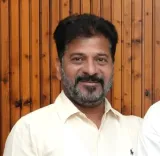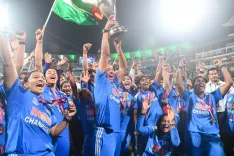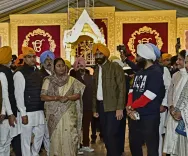Karnataka BJP Calls for Action Against Counterfeit Drugs Amid Medicine Shortage
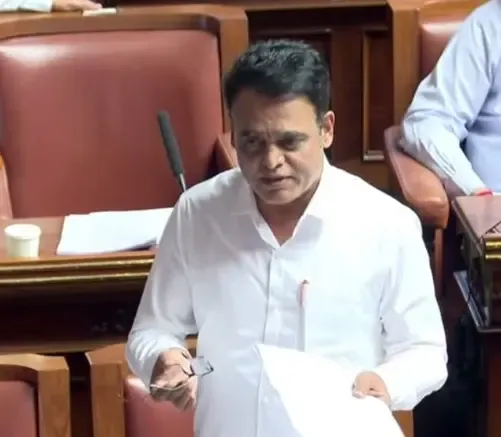
Synopsis
Key Takeaways
- Karnataka BJP demands action against counterfeit medicines.
- Only 8 out of 114 drug controller posts are filled.
- 27,000 to 30,000 drug companies operate in the state.
- Health Minister acknowledges seriousness of counterfeit drug issue.
- Severe shortage of essential medicines in government hospitals.
Bengaluru, March 13 (NationPress) The Karnataka BJP has called on the Congress-led government to take decisive action against the distribution of spurious and counterfeit drugs in pharmacies and the open market throughout the state.
Former Deputy Chief Minister and BJP MLA C.N. Ashwath Narayan highlighted the issue during the Assembly's question-and-answer session, demanding immediate governmental intervention.
Ashwath Narayan stated, "There is a significant network of spurious and counterfeit drugs operating within the state. While there are 114 authorized positions for drug controllers, only eight officers are currently in service. With approximately 27,000 to 30,000 drug manufacturing companies in operation, it is essential to fill these vacant positions to effectively monitor and combat the sale of fake medicines."
"This situation is quite serious. The Minister has acknowledged that counterfeit medicines are indeed being sold. These fake and substandard drugs can be found both in medical stores and on the open market, suggesting a well-organized network," he further noted.
He also stressed that these fake drugs are accessible in both pharmacies and the open market.
"Consider the severity of this issue. It is alarming. The efficacy of medicines available in government hospitals is barely 10 to 20 percent. Additionally, there are no district-level labs to assess the quality and effectiveness of drugs," he remarked.
The sale of spurious and counterfeit drugs is addressed under IPC Section 320, which pertains to grievous injury.
"The question remains, how many offenders have faced punishment?" BJP leader Ashwath Narayan queried.
On the subject of medicine availability, he highlighted a critical shortage in state-run hospitals.
"The Karnataka State Medical Supplies Corporation Limited (KSMSCL) is responsible for ensuring the availability of 732 essential, highly essential, and critically essential medicines. However, the Health Minister claims that only 475 are accessible, and the actual number in storage is 344."
"Yet, according to my sources, only 231 medicines are truly in stock. No tenders for drug procurement have been issued in the last four years," Ashwath Narayan alleged.
Under the National Health Mission, Rs 157 crore was designated for procuring free medicines for 2024-25, but by December, only Rs 5.50 crore had been utilized—merely 3.3 percent of the allocated funding, the BJP leader pointed out.
“Meanwhile, hospitals lack the authority to source medicines from alternative channels. I am revealing the ground reality," Ashwath Narayan added.
In response to these concerns, Health Minister Dinesh Gundu Rao acknowledged the gravity of the problem.
"This is a valid and pressing question. Fake medicines fall into four categories—mislabelling, printing false manufacturer names, spurious drugs, and substandard quality medications. We are actively working to track and eliminate these. Samples are being collected for testing, and measures are being implemented. We have also reached out to the Central government. Many manufacturing facilities lack proper standards, and most are located in North India."
"We are addressing this issue. The number of monitoring officers is low due to pending recruitment matters in the Supreme Court, with four hearings already held. Presently, we have 67 drug inspectors. Additional Drug Controllers have been assigned for inspections. We have suspended the licenses of 87 pharmacies, and three have been closed. Action is being taken against the distribution of counterfeit drugs," Minister Gundu Rao stated.
"I need everyone's cooperation to combat this issue. Let's collaborate to resolve this menace."
On the matter of medicine shortages, Minister Gundu Rao remarked, "Medicines must be available in hospitals. What is the purpose of hospitals if essential drugs are missing? We face technical challenges in procurement. When medicines are needed in smaller quantities, pharmaceutical companies often do not bid for tenders due to low order values. Out of the 732 essential medicines, only 344 are currently available. For those that are out of stock, hospitals have been authorized to procure them locally."
"Ensuring the availability of medicines is our obligation. This year, we have added numerous new medicines to the essential list, increasing the total to 1,032. Tenders will be issued for their procurement, and the process is underway. Occasionally, stock shortages may occur, but medicines can be redistributed from other districts as necessary," he added.
Leader of the Opposition and BJP figure, R. Ashoka, also weighed in on the matter.
"This is a significant question. We commend Minister Gundu Rao's efforts. There are thousands of drug manufacturing companies surrounding Bengaluru, and the prevalence of counterfeit drugs is alarming. Do not wait for the Supreme Court's ruling on appointing monitoring officers—hire them on a contract basis," BJP leader Ashoka stated.
Nonetheless, Minister Gundu Rao responded that monitoring officers could not be appointed on a contract basis as they must remain accountable to the courts.

